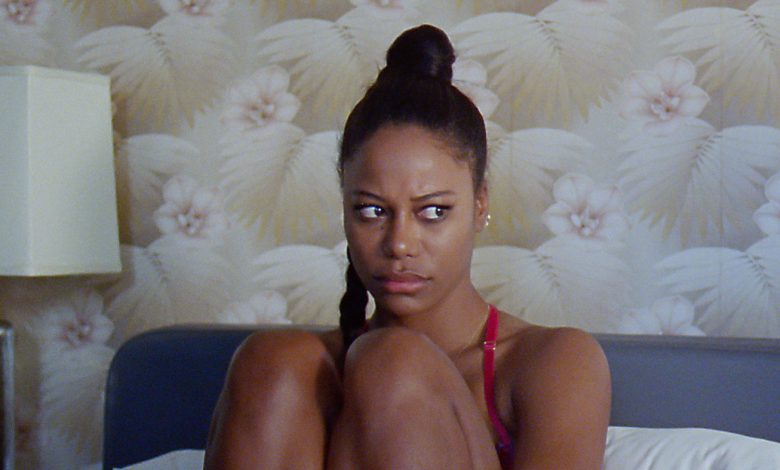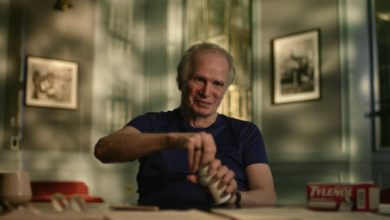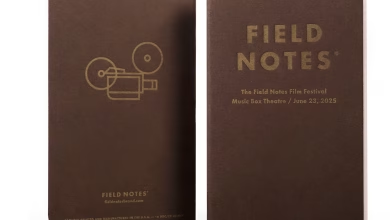Hollywood’s Double Standard: Why “Zola” Deserved the Oscars Over “Anora”

Watching the 2025 Oscars was supremely irritating for many reasons, but the most aggravating moment wasn’t the random James Bond tribute or even the Best Original Song winner—it was the Academy’s overwhelming embrace of “Anora”, a dramedy about a stripper who falls into a doomed romance with a Russian oligarch’s son. The film won five Oscars, including Best Picture, while “Zola,” a superior film in writing and character development, didn’t receive a single nomination. This snub highlights how little has changed in Hollywood’s treatment of Black women filmmakers.
“Zola,” directed by Janicza Bravo—a Black Panamanian-American filmmaker—was an inventive 2021 adaptation of a viral 2015 Twitter thread. It follows an exotic dancer whose road trip to Florida spirals into chaos. The film was bold, fresh, and narratively daring, yet the Academy ignored it completely. This trend of neglecting Black women creators remains persistent, even when their work is critically acclaimed.
Meanwhile, Sean Baker’s “Anora,” though directed by a talented white filmmaker, lacked the same emotional depth and nuance. The character of Ani (Anora), portrayed by Mikey Madison (who won Best Actress), is framed through the male gaze. Her agency is minimal, and her interior life remains largely unexplored—an unfortunate pattern for female characters written by men.
“Zola”, on the other hand, offers a refreshing counterpoint. Its vibrant cinematography by Ari Wegner uses pinks, reds, and oranges to reflect emotional intensity. Mica Levi’s score is simultaneously alluring and unsettling. The editing, led by Joi McMillon, brilliantly matches the voiceover’s tone—speeding up, looping, and freezing to echo Zola’s psychological state.
Taylour Paige delivers a magnetic performance as Zola, maintaining agency throughout even the most harrowing situations. Her journey contrasts sharply with that of Ani, whose portrayal is reduced to visual spectacle. “Zola” also offers a critical lens on whiteness, exploring how white characters appropriate Black culture until it becomes inconvenient.
The fact that “Anora” was showered with Oscar love while “Zola” was ignored—despite both being distributed by major players like NEON and A24—speaks to a larger DEI (Diversity, Equity, Inclusion) crisis in Hollywood. A recent USC Annenberg Inclusion Initiative report revealed that only 5.3% of top-grossing 2024 films were directed by women of color.
See More ...
In 2022, films like “The Woman King,” “Till,” and “Saint Omer”—all Black women-led and directed—received zero nominations, despite strong critical and commercial success. Gina Prince-Bythewood, director of “The Woman King,” highlighted how these snubs affect crew members too: “Without award recognition, many start back at square one when seeking future jobs.”
It’s also telling that in 98 years, no Black woman has ever been nominated for Best Director at the Oscars. Not Julie Dash, not Dee Rees, not even Ava DuVernay, whose film “Selma” was nominated for Best Picture, though she was later criticized for her portrayal of Lyndon B. Johnson.
This raises deeper questions: Who gets to be an auteur? Whose stories are valued? Who defines the cultural narrative? When only certain types of storytellers are consistently recognized and supported, the entire audience suffers by being deprived of diverse perspectives and powerful truths.




